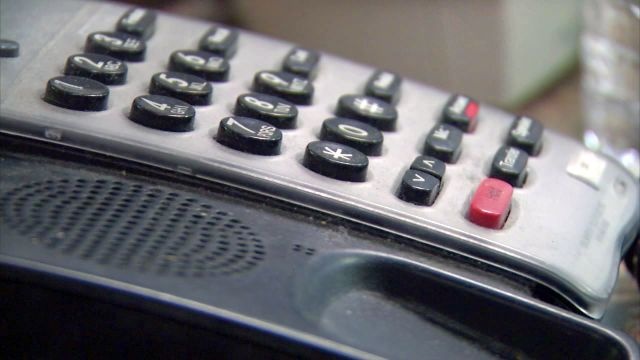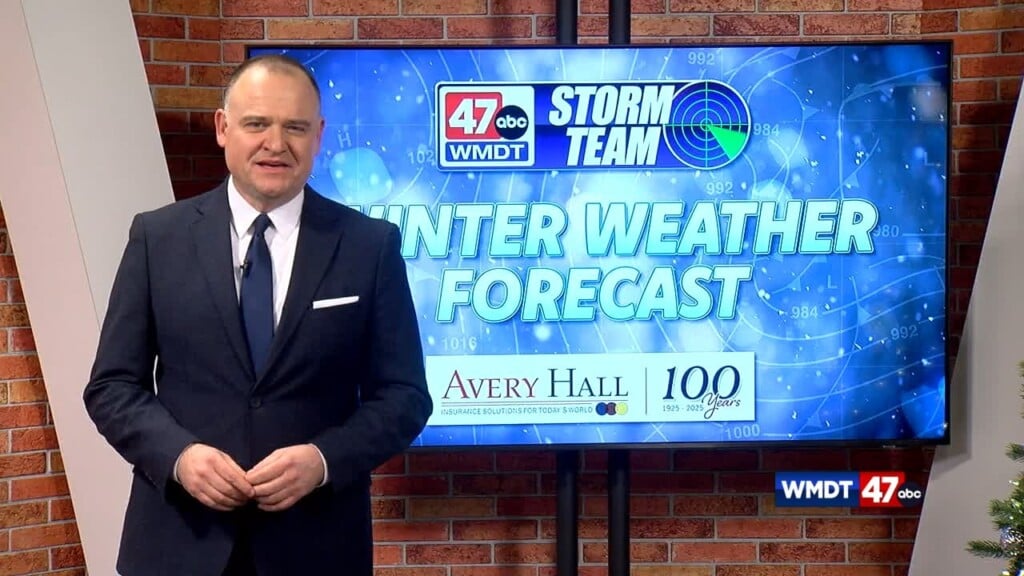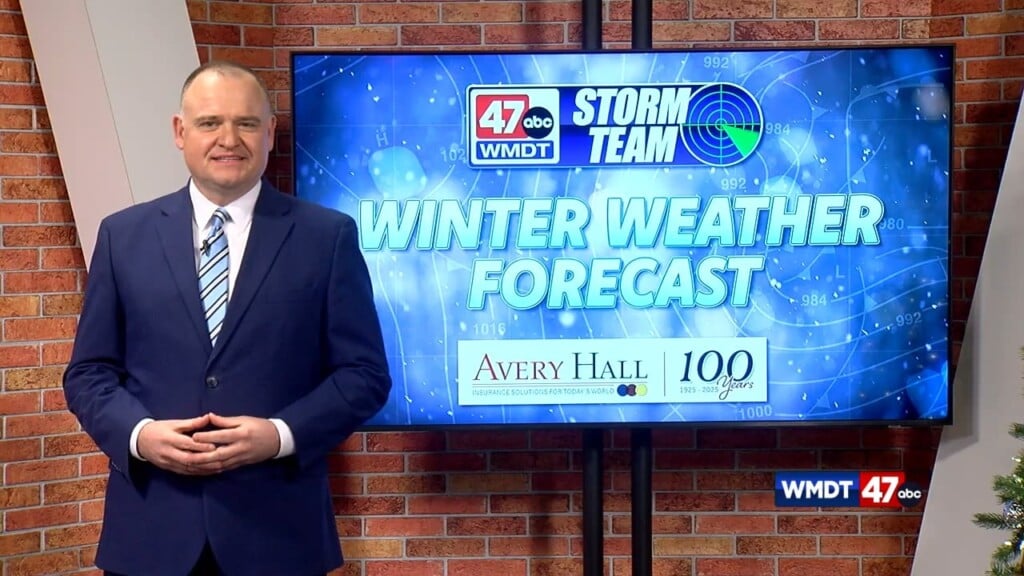Credit card scams targeting elderly from local numbers

“I was glad that I was here to answer the phone.”
This weekend, Nikki Smart was at her grandfather’s house when the phone rang. Smart says they never answer for 1-800 numbers, but this call was from a local 410 number.
“So I answered the phone and it was a recorded message saying that there was credit card debt please press one so you can speak with a representative so you can get a payment set up,” says Smart.
Smart knew right away that this wasn’t true. As her grandfather’s caregiver, she knew he had no debt, but pressed one to see what would happen.
She says a man answered.
“He said oh I see you pressed one you’re interested in setting up a payment plan for your 4,000 dollar credit card debt.”
Smart questioned him asking what credit card he had and that’s when she claims the man used profanity and hung up on her. When she tried to call the number back, it was disconnected. Authorities say it was a scam, even though it appeared to come from a local number.
Wicomico County Sheriff Mike Lewis tells 47 ABC, “Telephone scams are very frequent we get them every single week and the suspects are primarily targeting the elderly population.”
And he says it’s a lot easier to do than people think:
“They can look at phone book and easily see Mike and Dani Lewis, like oh yeah they’ve been around for awhile, let’s call them up and if it’s an old number like 749, 742, 548 a local number, they know it’s house number and that it’s likely older people.”
Sheriff Lewis warns that if you get a phone call talking about debt and asking for your credit card information its likely a scam.
Smart’s just glad she was there to answer.
“He could have freaked out and give some type of information and you know my grandmother on my dad’s side of the family she’s had this happen to her before.”
Unfortunately, phone scams or as some call it ‘phone spoofing’ is extremely easy. Thanks to technology and the internet, anyone can call using a number that’s not actually theirs.
According to IMPACT Technology Group, there are services and online providers that make it so anyone can request a phone number and make calls that look like it’s coming from that requested number, but its really not.
Plus, there’s even a phone app for it.
We’re told these services are completely legal when used for legitimate business purposes.
For example, if you want to block your caller ID because you’re calling from your home, not your office. And while you cannot use it for criminal activity, people still do it.
“If it’s a local number or an 800 number that says, hey it’s Microsoft calling or Walmart calling, or blue cross blue shield it doesn’t mean that’s who’s really calling. It could be anybody on the other end of the line,” explains Kelley.
He adds, the only time anyone should give their information out to a credit card company or whomever is if you initiated the call.


